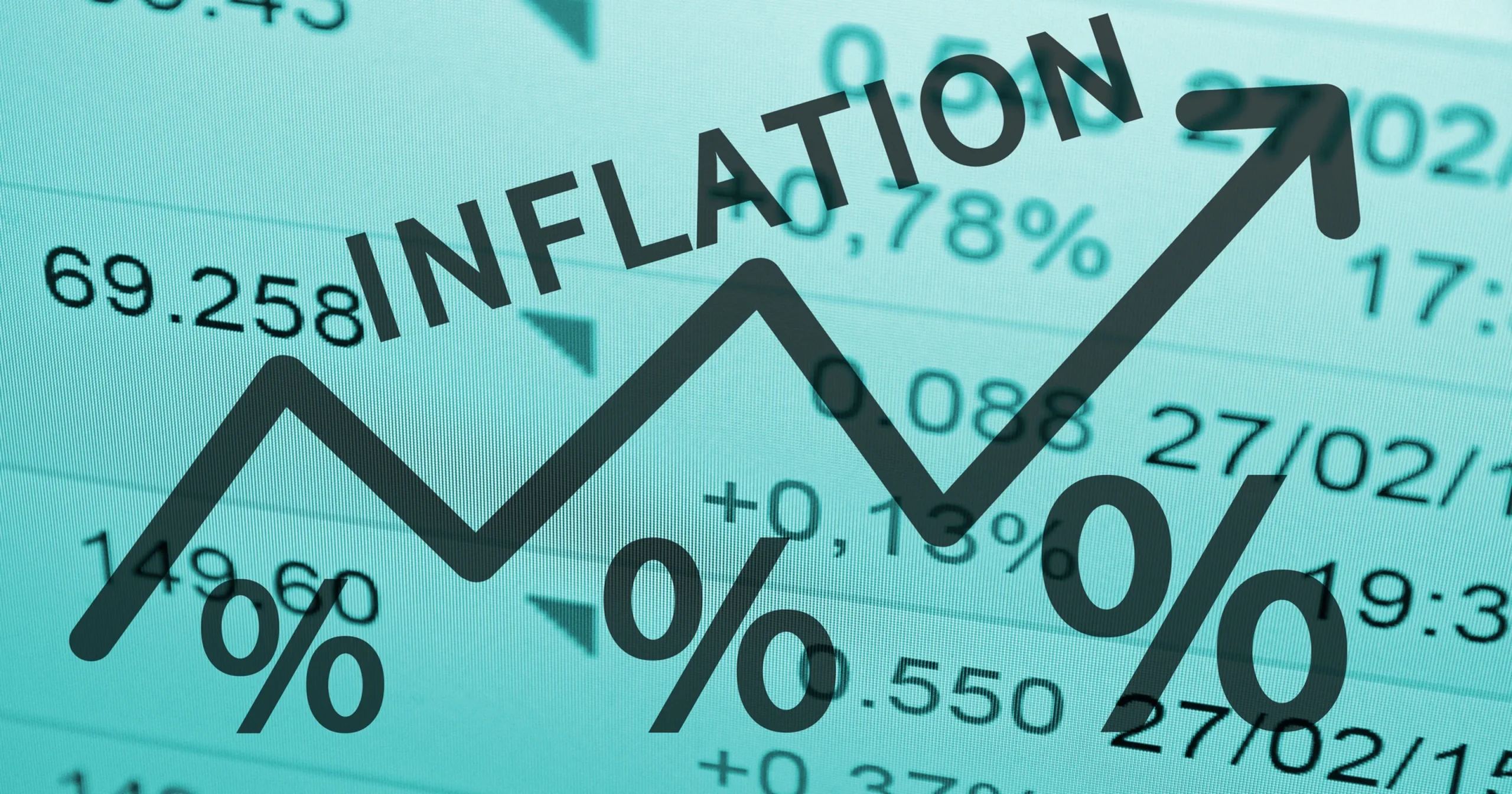As of the close of 2023, inflation in Nigeria soared to a 21-year high of 28.92%, according to the National Bureau of Statistics. The headline inflation rate for December 2023 rose from 28.20% in November 2023, marking a 0.72 percentage point increase.
The Central Bank of Nigeria’s inflation data since 2003 shows that December’s rate is officially the highest recorded, surpassing the previous record of 28.2% in August 2005 and November 2023.
The major contributors to this inflation surge were food and non-alcoholic beverages (14.98%), housing, water, electricity, gas, and other fuel (4.84%), clothing and footwear (2.21%), transport (1.88%), furnishings and household equipment and maintenance (1.45%), and education (1.14%).
Food inflation outpaced general inflation, reaching 33.93% in December 2023. The country is grappling with a severe cost of living crisis, leading to a rise in poverty rates. Between January and May 2023, inflation pushed an estimated four million people into poverty, according to the World Bank.
Experts attribute the surge in inflation to the removal of fuel subsidies and the foreign exchange rate unification policy. The World Bank predicts a further increase in poverty by the end of 2023 due to ongoing inflation. Moody’s, a global rating agency, warns that the persistent rise in inflation has the potential to trigger social unrest.
The removal of the fuel subsidy and the fluctuations in the exchange rate have contributed to higher prices for gasoline and imported goods, exacerbating the inflationary pressures in the country.
Business analysts are closely monitoring the situation, as the economic challenges linked to inflation pose significant risks to Nigeria’s social and fiscal stability.



